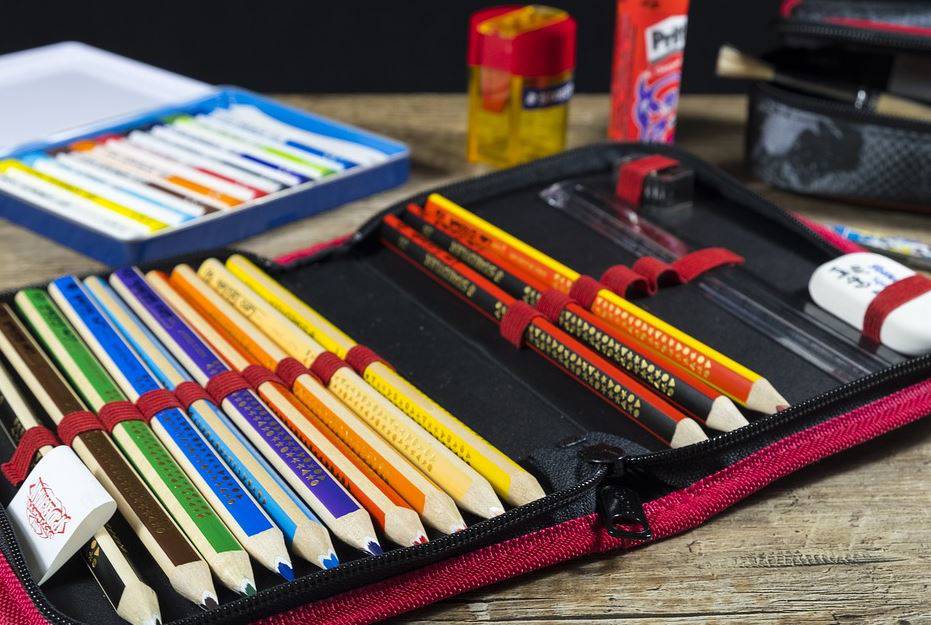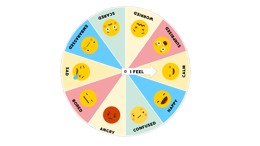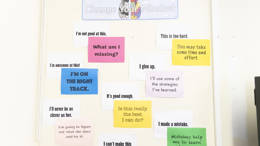Advice and support for coping with stress
Tips and ideas for children to help them cope with stressful situations.

This webpage from Childline shares lots of different activity ideas for children to help them tackle any stress they may be feeling.
It covers topics like ways to relax, getting creative to relieve stress, doing exercise and being healthy.
It also links through to other sources of support, including apps and videos.
Using this resource
This resource is designed for:
- children aged 7 to 11
- use by individual children
Curriculum links
| England - RSHE |
Caring friendships Pupils should know: · that there is a normal range of emotions (e.g. happiness, sadness, anger, fear, surprise, nervousness) and scale of emotions that all humans experience in relation to different experiences and situations · the benefits of physical exercise, time outdoors, community participation, voluntary and service-based activity on mental wellbeing and happiness · simple self-care techniques, including the importance of rest, time spent with friends and family and the benefits of hobbies and interests |
| Northern Ireland – Personal Development and Mutual Understanding |
Personal Understanding and Health Pupils should be enabled to explore: · their management of a range of feelings and emotions and the feelings and emotions of others (KS2) |
| Scotland – Health and Wellbeing |
Mental and Emotional Wellbeing · I know that we all experience a variety of thoughts and emotions that affect how we feel and behave, and I am learning ways of managing them. · I am learning skills and strategies which will support me in challenging times, particularly in relation to change and loss. |
| Wales – Health and Wellbeing |
Statement 2 - How we process and respond to our experiences affects our mental health and emotional well-being.
This Area can help learners explore the connections between their experiences, mental health and emotional well-being. By being provided with opportunities to explore the complexities of these connections, learners can be enabled to recognise that feelings and emotions are neither fixed nor consistent. |
Share your feedback with us
How would you rate this resource? (1-5 from poor to excellent)
Thank you for your feedback
Your input helps us improve and maintain the quality of our resource hub.
Sorry there was an error
Please try again later.
Related resources

Understanding stress – YoungMinds & Beano
This lesson introduces children aged 3 to 11 to the concept of stress and how to cope with it.
View resource
Emotion wheel for children
An emotion wheel is a tool often used in psychology to help a person define the specific emotion...
View resource
Wellbeing poster for pupils
Pin this poster up in classrooms, corridors and toilets to encourage children to think about their...
View resource
Responding to stressful situations toolkit
Two toolkits for primary schools and secondary/FE settings, with resources about responding to...
View resource
 Author
Author